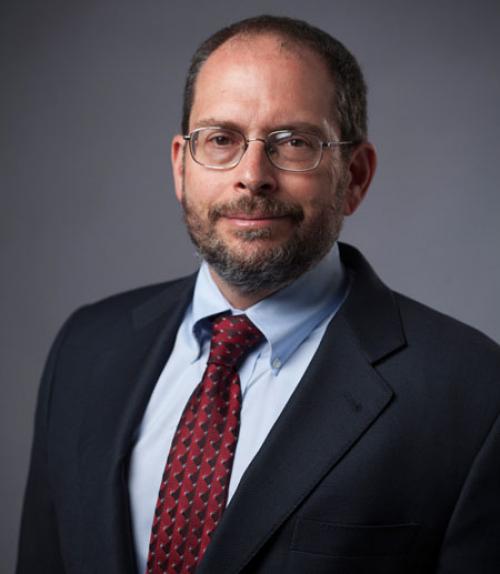Jonathan Lunine, the David C. Duncan Professor in the Physical Sciences and director of the Cornell Center for Astrophysics and Planetary Science, was selected as the American Geophysical Union’s (AGU) 2017 Carl Sagan Lecturer. The lecturers chosen by the AGU, said the nominating committee, “represent some of the most innovative minds in their fields and are selected for meritorious work or service toward the advancement and promotion of discovery in Earth and space science.” Lunine delivered the lecture in December at the 2017 AGU Fall Meeting in New Orleans.
“Carl Sagan was my hero; his replies to the letters I wrote him as a high school student inspired me to pursue my dream of becoming an astronomer,” said Lunine. “As the holder of the Duncan chair at Cornell which was Carl's during his career here, it is especially humbling to be named the AGU's 2017 Carl Sagan Lecturer."
Lunine’s research looks at how planets form and evolve, what processes maintain and establish habitability, and what kinds of exotic environments (methane lakes, etc.) might host a kind of chemistry sophisticated enough to be called "life." He pursues these interests through theoretical modeling and participation in spacecraft missions.
He works with the radar and other instruments on Cassini, is co-investigator on the Juno mission launched in 2011 to Jupiter and on the near-infrared spectrometer under development for the Europa Multiple Flyby mission. He is on the science team for the James Webb Space Telescope, focusing on characterization of extrasolar planets and Kuiper Belt objects. He has contributed to concept studies for a wide range of planetary and exoplanetary missions.
Lunine is a member of the National Academy of Sciences and has participated in or chaired a number of advisory and strategic planning committees for the Academy and for NASA. He is the recipient of the prestigious Jean-Dominique Cassini Medal from the European Geosciences Union, the first American-born scientist to receive the medal.




